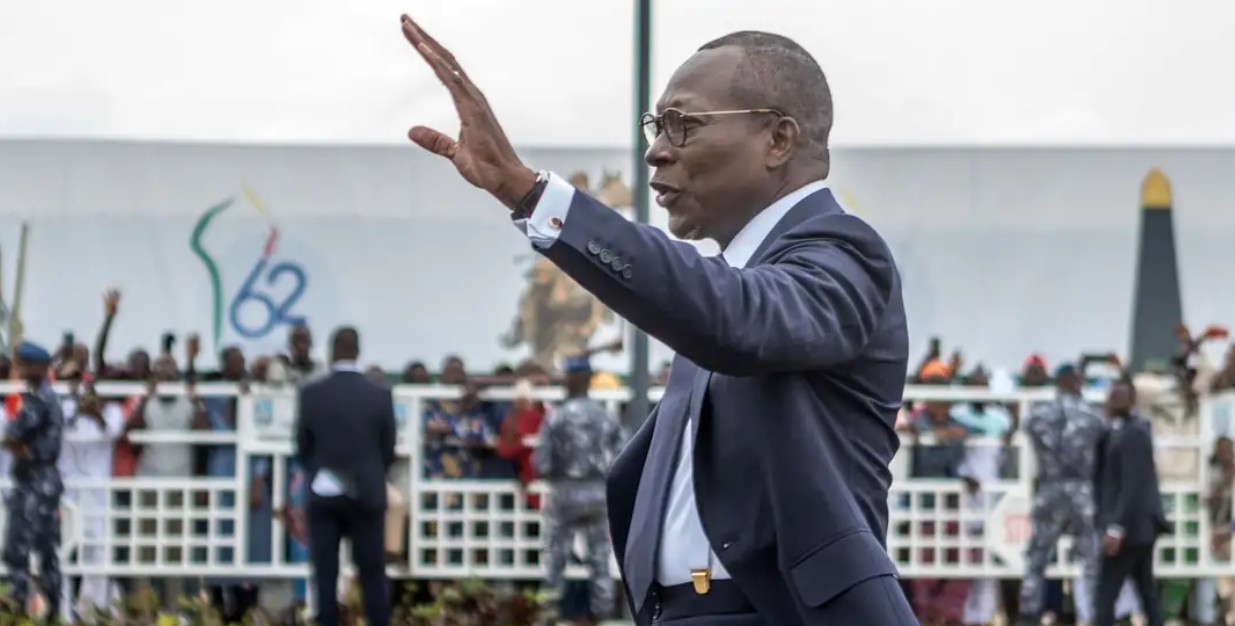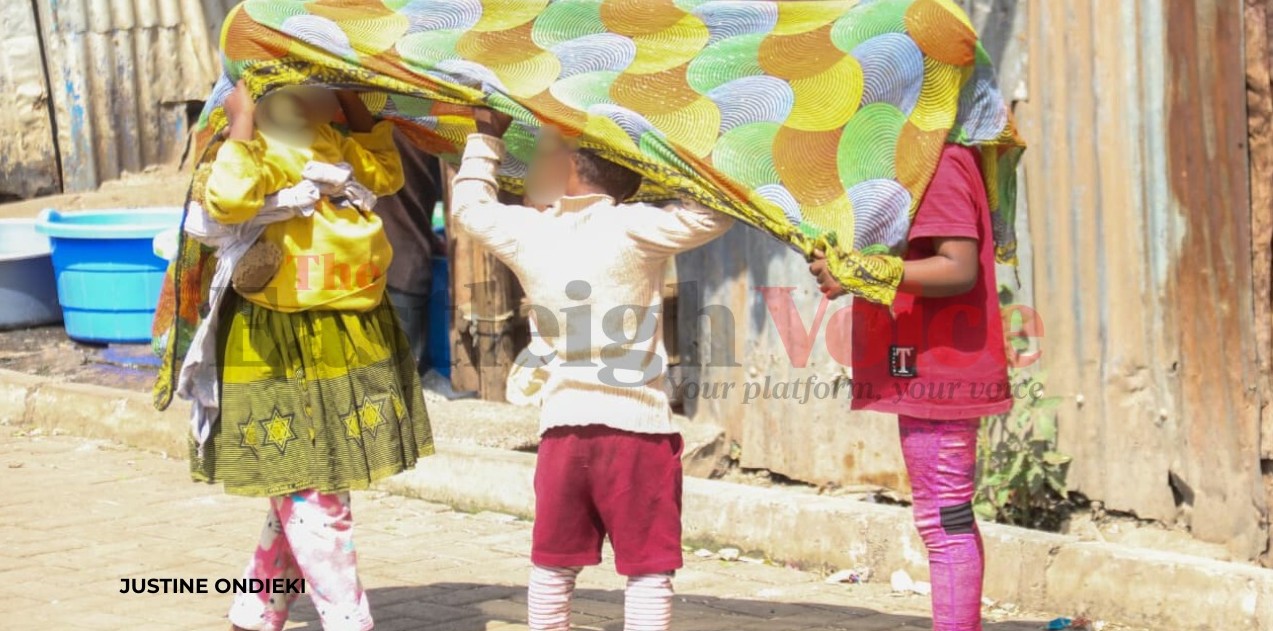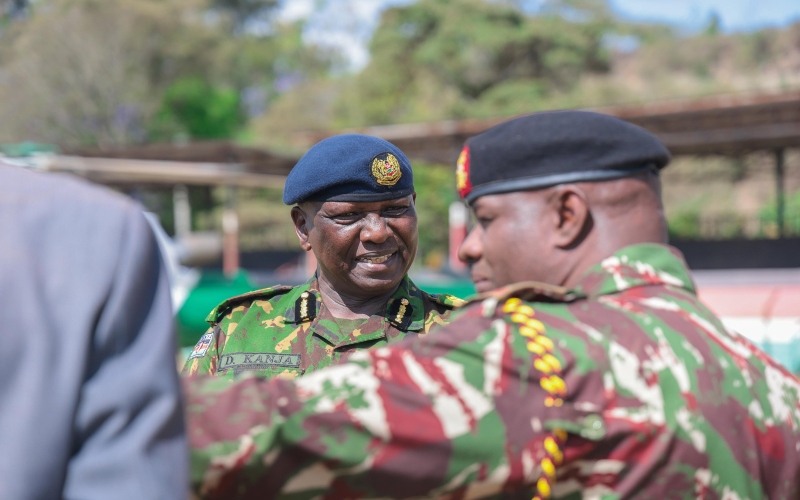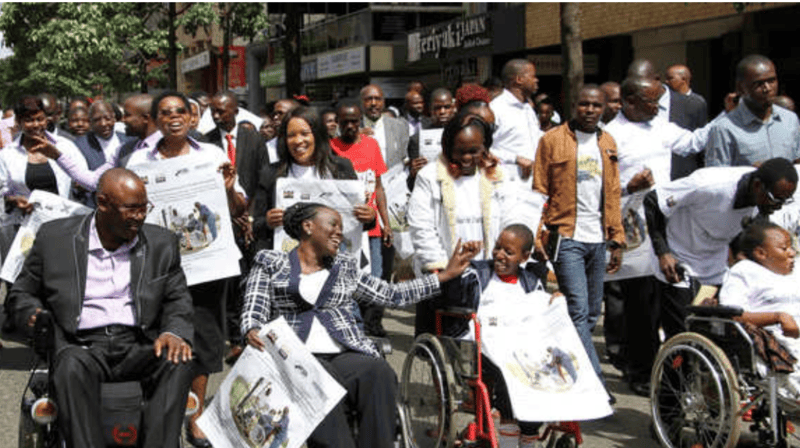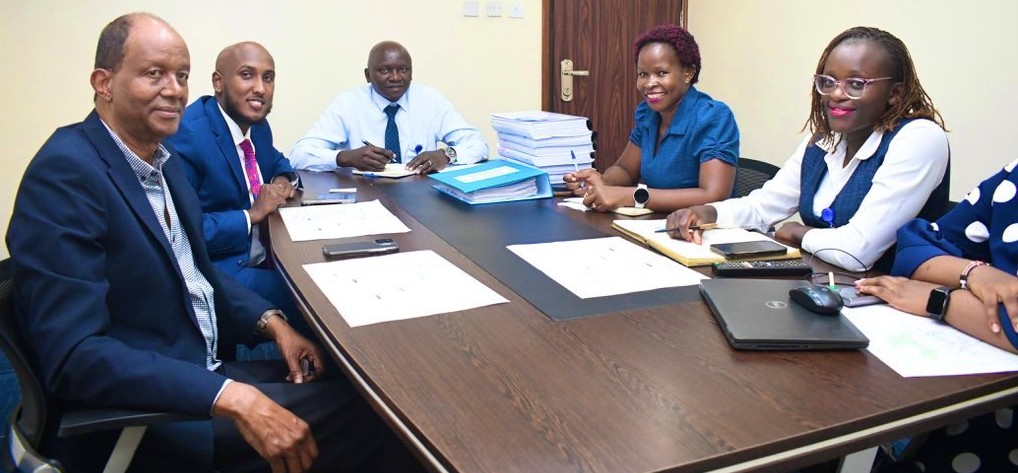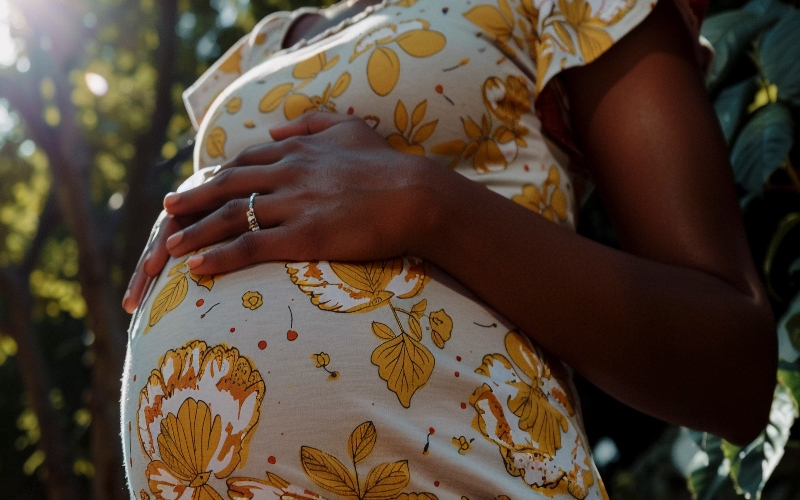20 refugees from South Sudan cross into Kenya daily as Mudavadi warns of crisis if conflict persists
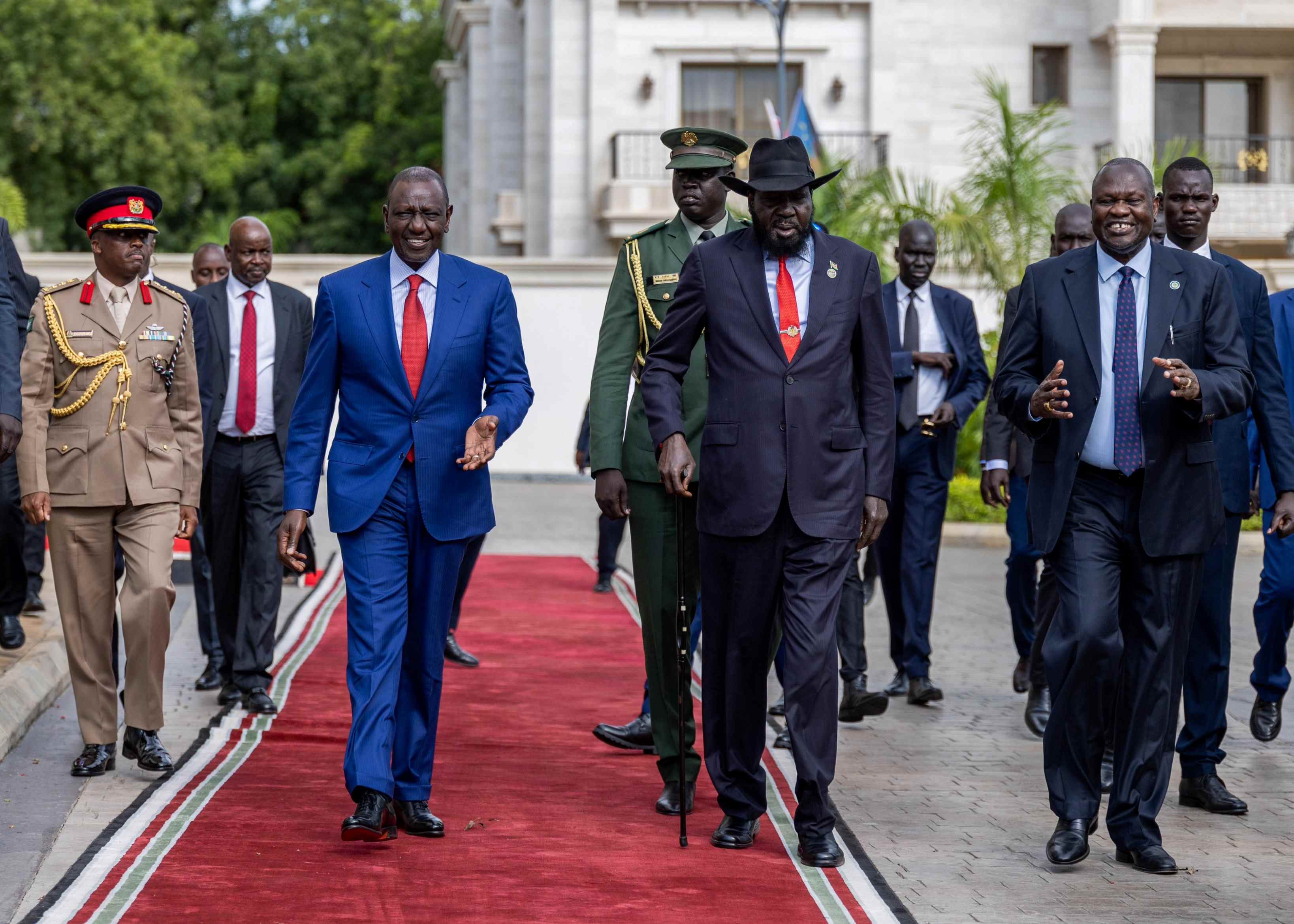
Mudavadi also acknowledged that the ongoing crises, including the South Sudan conflict, Al-Shabaab threats, and instability in Marsabit, have delayed the progress of the government’s Shirika Plan.
Kenya is witnessing a steady inflow of refugees from South Sudan, with an average of 20 people crossing the border daily due to the escalating conflict in the neighboring country, Prime Cabinet Secretary Musalia Mudavadi has said.
Speaking before the Senate on Wednesday, Mudavadi warned that the situation could evolve into a full-blown humanitarian crisis if the conflict persists.
More To Read
- 1,000 weapon‑wounded patients treated in South Sudan hospitals this year - ICRC
- From silence to strength: South Sudan women leaders speak out and drive change
- MSF demands protection of civilians after deadly attack in Upper Nile State, South Sudan
- US ends Temporary Protected Status for South Sudanese nationals
- UN warns 7.5 million South Sudanese at risk of severe hunger
- South Sudan peace deal at risk amid ceasefire violations, political discord - report
He noted that despite the influx of refugees, Kenya continues to face significant security challenges. Mudavadi said the country remains vulnerable to threats from Al-Shabaab, as well as sporadic conflicts along the Marsabit-Ethiopia border, which require both regional and internal security efforts.
“The situation in South Sudan is getting worse, and we are beginning to see, again, another inflow at the rate of about 20 refugees per day. So we are beginning to see certain circumstances that are giving us challenges,” he said.
“We also remain with challenges of the Al Shabaab and the conflict around the Somali side, and we also have sporadic conflicts along the Marsabit-Ethiopia border from time to time. So, there is a serious security issue that has to be looked at regionally. But also internally, by Kenya’s security forces.”
Mudavadi also acknowledged that the ongoing crises, including the South Sudan conflict, Al-Shabaab threats, and instability in Marsabit, have delayed the progress of the government’s Shirika Plan, which seeks to integrate refugees into host communities.
“The issue of the Shirika plan, as when we say we are talking, and it was launched formally, we are engaging so that as the process of looking at the policy moves on, we can also maximise what is going to be the benefit to the people of Kenya,” he said.
Aid distribution
Addressing concerns about potential tensions in refugee camps, Mudavadi noted the importance of managing the distribution of aid to avoid exacerbating conflict.
“There was a means testing within some of these camps, and they would look at the status in terms of well-being or economic well-being of some of these refugees, and therefore that would determine the level of rations certain families would get, as opposed to others. Now, these issues, if not managed well, can also create a lot of tension in the refugee camps, and this may be part of the reason that they could have been some challenges,” he said.
Mudavadi also called for a carefully managed approach to the integration of refugees into Kenyan communities, emphasising the need for them to contribute to the nation’s economy.
“When we talk of the integration of refugees, it has to be done carefully. We also want to transition from a situation where refugees are just drawing from Kenyan resources. They must also be placed in a position where they contribute to growing the wealth of this country and not just take from the Kenyan community,” he said.
The Shirika Plan, unveiled by the government last Friday, aims to move refugee camps into integrated settlements, allowing more than 830,000 refugees and asylum seekers to be assimilated into communities. The plan also seeks to offer refugees greater economic opportunities and improved access to essential services such as health and education.
UN High Commissioner for Refugees Filippo Grandi lauded the initiative as a progressive step, calling it a more humane approach to refugee inclusion.
“The initiative marks a significant development in the country’s move toward implementing policies to improve the lives of refugees and their long-time hosts,” he said.
The initiative, supported by UNHCR and other international partners, has faced opposition from critics who view it as a political maneuver by the Ruto administration to grant refugees ID cards and potentially list them as voters ahead of the 2027 elections.
Kenya has hosted refugees for more than three decades, primarily from Somalia, South Sudan, Burundi, and the DRC. It is home to two of the world’s largest refugee camps, Dadaab in Garissa County and Kakuma in Turkana County, which together house over 700,000 refugees.
“Kenya is showing the world that a story of cooperation, inclusion, and hope is not only possible but also necessary and of advantage to all,” Grandi said.
Top Stories Today
